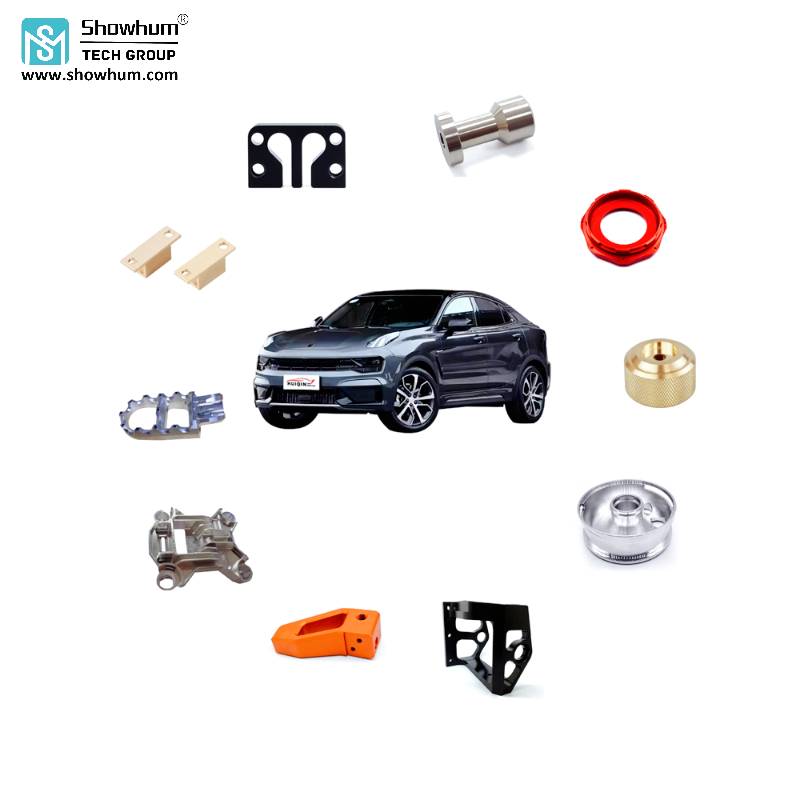
The metal fabrication industry holds a significant position in the global manufacturing landscape, serving as a cornerstone for various sectors ranging from construction and automotive to aerospace and electronics. As technological advancements continue to drive innovation and market demand evolves, the metal fabrication industry is poised for a promising future with opportunities for growth and development. Let's explore the bright prospects and potential trends shaping the industry's future:

Technological Advancements: The rapid advancement of technology is revolutionizing metal fabrication processes, leading to increased efficiency, precision, and versatility. Emerging technologies such as additive manufacturing, robotics, artificial intelligence (AI), and digitalization are transforming traditional fabrication methods, enabling the production of complex geometries with unprecedented accuracy and speed. As technology continues to evolve, metal fabrication companies will leverage these innovations to streamline workflows, reduce production costs, and deliver high-quality products to meet evolving customer demands.
Demand for Sustainable Solutions: Sustainability has become a critical consideration for businesses across industries, driving the demand for sustainable metal fabrication solutions. Metal fabrication companies are increasingly adopting environmentally friendly practices such as recycling scrap metal, optimizing energy consumption, and implementing eco-friendly manufacturing processes. Additionally, the use of sustainable materials and coatings enhances the longevity and recyclability of metal products, aligning with global efforts to mitigate environmental impact and promote sustainability.
Customization and Personalization: Consumer preferences are shifting towards customized and personalized products, driving the demand for flexible metal fabrication solutions. Metal fabrication companies are adapting to this trend by offering customizable products tailored to individual customer requirements. Advanced design software, coupled with flexible manufacturing processes, enables metal fabricators to produce highly intricate and unique components, providing customers with greater design freedom and customization options.
Industry 4.0 and Smart Manufacturing: Industry 4.0 principles, characterized by the integration of digital technologies and automation, are reshaping the metal fabrication industry. Smart factories equipped with sensors, IoT devices, and data analytics capabilities enable real-time monitoring of production processes, predictive maintenance, and adaptive manufacturing. This digitization of manufacturing operations enhances efficiency, productivity, and quality control, positioning metal fabrication companies for greater competitiveness in the global market.
Expansion into Emerging Markets: The metal fabrication industry is witnessing significant growth opportunities in emerging markets, driven by rapid industrialization, urbanization, and infrastructure development. Emerging economies in Asia, Latin America, and Africa are experiencing increasing demand for metal fabricated products across various sectors, including construction, automotive, and energy. Metal fabrication companies are expanding their presence in these markets to capitalize on growth opportunities and establish strategic partnerships with local stakeholders.

Investment in Research and Development: Continued investment in research and development (R&D) is essential for driving innovation and maintaining competitiveness in the metal fabrication industry. Metal fabrication companies are investing in R&D initiatives to develop new materials, processes, and technologies that enhance product performance, durability, and functionality. Collaborations with academic institutions, research organizations, and industry partners facilitate knowledge sharing and technological advancements, driving industry growth and innovation.
In conclusion, the future of the metal fabrication industry looks promising, fueled by technological advancements, sustainability initiatives, customization trends, smart manufacturing practices, expansion into emerging markets, and investments in research and development. As the industry continues to evolve, metal fabrication companies that embrace innovation, adapt to changing market dynamics, and prioritize sustainability will be well-positioned to capitalize on growth opportunities and thrive in the dynamic global marketplace.